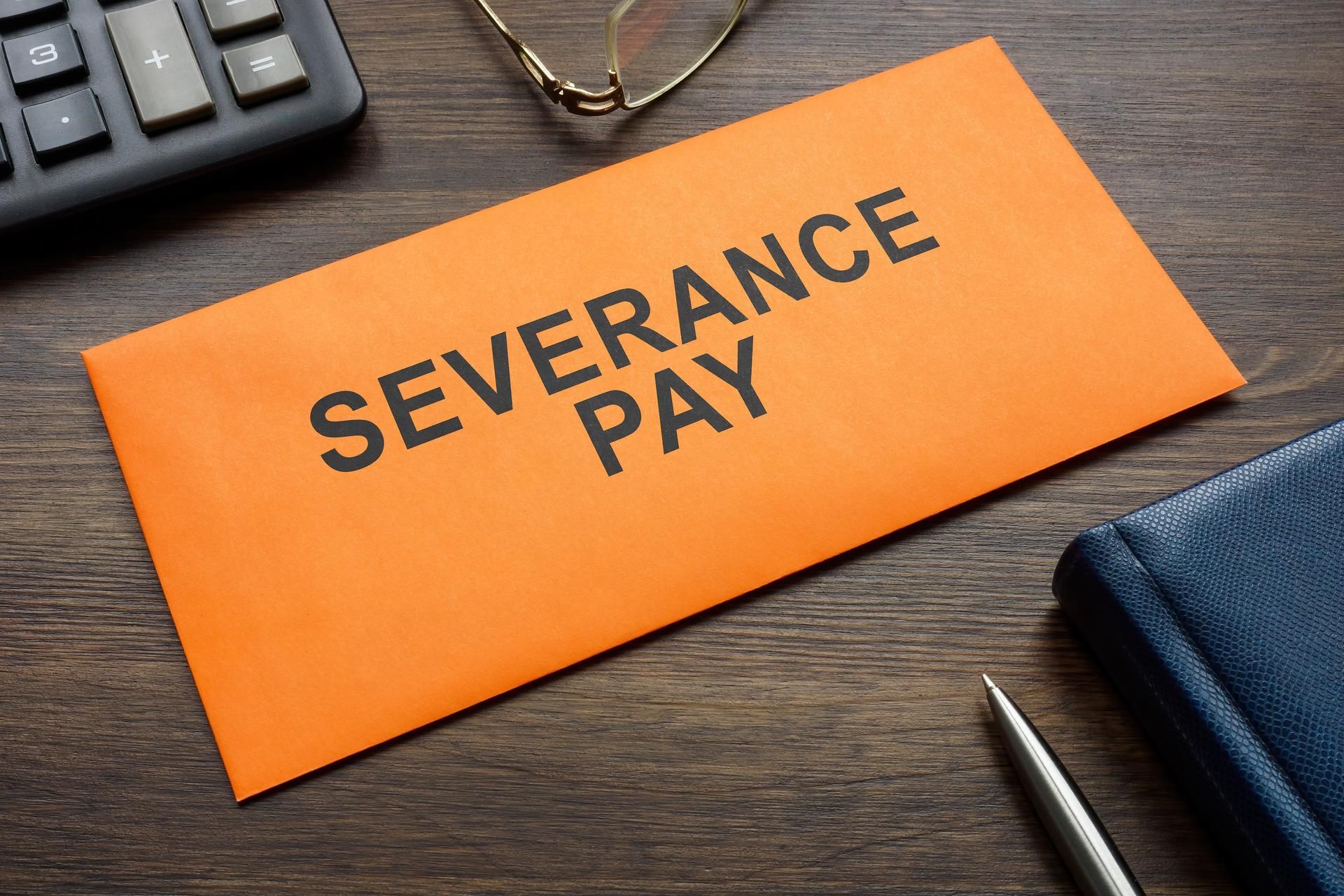5 Ways a Company May Violate the Fair Labor Standards Act

The Fair Labor Standards Act (FLSA) dictates rules that private employers, as well as employers in federal, state, and local governments must follow. The act covers several employment aspects, including minimum wage, overtime pay, and recordkeeping for non-exempt employees. If your employer violates these standards, you may be entitled to compensation.
Here are several ways an employer might violate the Fair Labor Standards Act.
1. Not Paying Minimum Wage
One of the biggest protections of the FLSA is a guaranteed minimum wage. As of July 24, 2009, the federal minimum wage is $7.25 per hour for most workers. Alabama does not have its own state minimum wage law, so employees must be paid at least the federal minimum wage rate.
Some exceptions to the FLSA's minimum wage provisions are workers under the age of 20 and tipped employees. Workers under 20 years old may be paid a minimum wage of $4.25 per hour for the first 90 calendar days of employment.
Tipped employees may receive a minimum wage of $2.13 per hour as long as the tips they receive average out to at least $7.25 per hour. If an employee makes less than $7.25 per hour after tips are considered, the employer must make up the difference to stay in compliance with the FLSA.
Tips are sometimes shared or “pooled” among tipped employees pursuant to an employer’s policy. But if the employer requires those pooled tips be shared with non-tipped employees, then the FLSA has probably been violated and you may be entitled to additional compensation.
2. Failing to Pay for Overtime
Employees who are covered by the FLSA are entitled to at least one and one-half times their regular pay rate for any time worked over 40 hours per work week. A work week is defined as 7 consecutive 24-hour days, or 168 hours.
Some companies try to get around paying for overtime by stating that they will not pay overtime for any hours worked over 40 that aren't pre-approved by the employer. However, you are entitled to overtime pay for any overtime hours you work, even if your boss didn't approve the hours.
3. Misrepresenting Hours Worked
Another way businesses might try to get out of paying for overtime is by misrepresenting the hours you worked. In general, if you're a non-exempt employee and you're required to be at work or on duty from home, you're on-the-clock and should be compensated for that time. That means if you're off work and your boss is emailing you urgent requests that you respond to, you're probably entitled to compensation for that time.
4. Not Allowing Nursing Mothers Break Time
If you're a nursing mother and you're a non-exempt employee, the FLSA requires your employer to give you a reasonable break time to pump breast milk for one year after your child is born. Your employer must also give you a private, secluded space that is not a bathroom to pump.
While the law doesn't specify exactly how long your employer has to give you to express milk, if you're not being allowed adequate break time to do so, your employer could be violating the FLSA. Keep in mind that even though your employer must allow you adequate time to pump, they are not required to pay you for that break time.
5. Incorrectly Classifying Workers
One of the most common ways companies violate the FLSA is by inappropriately classifying workers as exempt employees or independent contractors. Independent contractors typically don't earn all of their income from one company, and a company can't usually exert a high level of control over how an independent contractor works.
Some examples of employees who are considered exempt workers and therefore don't fall under the FLSA's protections include:
- Executive employees who earn at least $455 weekly.
- Administrative employees who earn at least $455 weekly.
- Highly compensated employees who earn $100,000 per year or more.
- Outside salespeople.
- Computer employees.
- Seasonal employees of recreational businesses.
- Small local newspaper employees.
The above exemptions are set to change to wherein Executive and Administrative salaries above $684 per week are exempt from overtime and the “highly compensated employee” threshold is now $107,432 per year. Approximately 1.3 millions Americans workers are expected to benefit from this rule change.
Allen D. Arnold Attorney at Law represents Alabama employees whose employers have violated the FLSA. We help you get the compensation you legally earned. Contact us today to set up a consultation to discuss your case.
Alabama Rules of Professional Conduct Notice: No Representation is made that the quality of legal services offered is greater than that of other lawyers. The information contained on this website is not a substitute for legal advice, and reading it does not create an attorney-client relationship.
Alabama Rules of Professional Conduct Notice: No Representation is made that the quality of legal services offered is greater than that of other lawyers. The information contained on this website is not a substitute for legal advice, and reading it does not create an attorney-client relationship.









